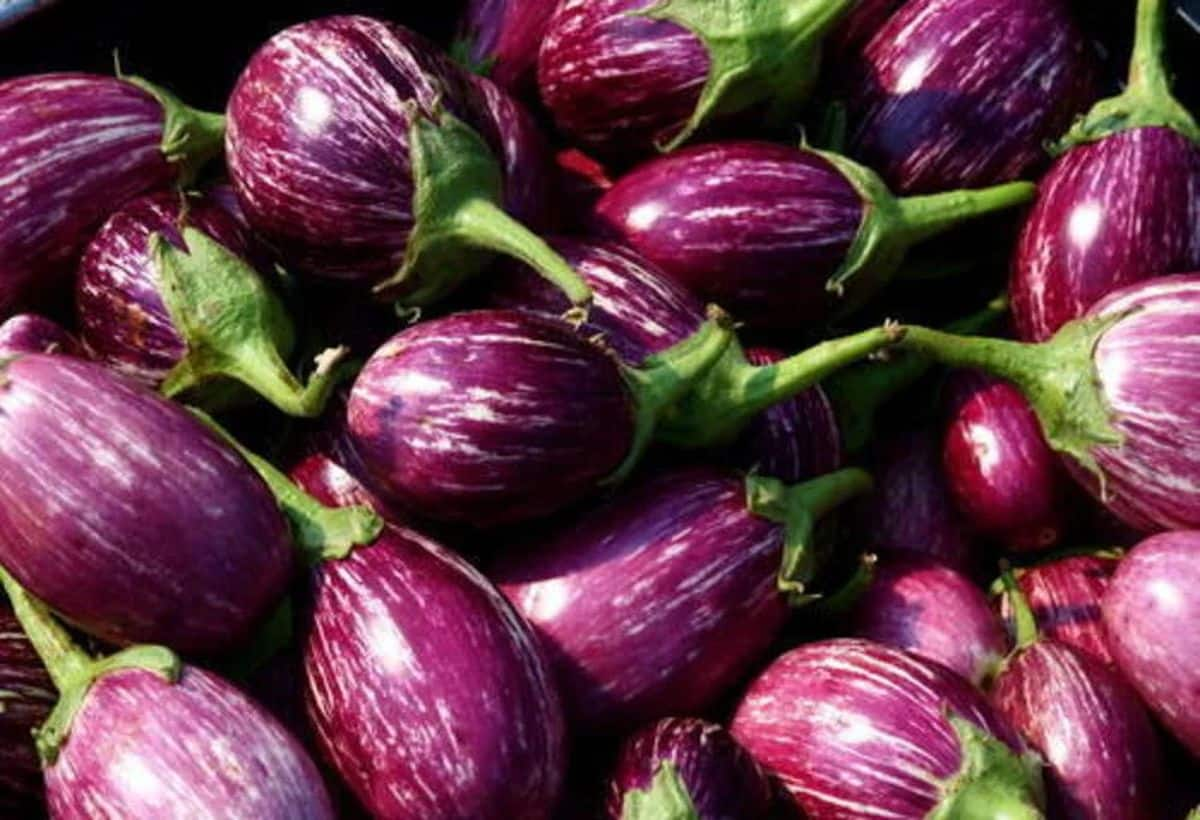Brinjal farming, also known as eggplant cultivation, is a lucrative agricultural venture that can be carried out throughout the year. In recent years, educated individuals have started gravitating towards farming, discovering that it can be a profitable business opportunity. With the right techniques and market strategies, brinjal farming can yield substantial profits, with estimates suggesting earnings of around 10 lakh INR per hectare, potentially resulting in profits of up to 6 lakh INR.
Why Choose Brinjal Farming?
Brinjal, a staple vegetable in many cuisines, is in constant demand due to its versatile use in various dishes. Starting a brinjal farming business not only fulfills this demand but also presents a chance to contribute to food security. Furthermore, the cultivation of brinjal can be sustainable and eco-friendly, as it can be grown using organic practices that enhance soil health and reduce chemical usage.
Understanding Brinjal Cultivation
Brinjal can thrive in a wide range of soil types, preferably loamy or sandy soils with good drainage. The ideal pH level is between 5.5 and 7.0. Before planting, it is crucial to prepare the soil by adding organic manure and fertilizers to enhance fertility.
Best Practices for Brinjal Farming
- Seeds Selection: Choosing high-yield and disease-resistant brinjal seeds is vital for a successful harvest.
- Planting: Brinjal plants should be spaced adequately to ensure good airflow and minimize disease risk.
- Irrigation: Regular watering is essential, especially during the flowering and fruiting stages, but care should be taken to avoid waterlogging.
- Crop Rotation: Implementing crop rotation practices can help manage pests and improve soil health.
- Pest Management: Utilize integrated pest management (IPM) techniques to control pests without harmful chemicals.
Market Potential for Brinjal
Given the continuous demand for brinjal in local and regional markets, farmers can benefit from seasonal pricing and steady sales. Establishing connections with local grocery stores, markets, and restaurants can optimize sales channels and boost overall profitability.
Financial Aspects of Brinjal Farming
Investing in brinjal farming is financially viable, considering the average yield is about 20 to 25 tons per hectare. With proper management practices, farmers can maximize their earnings significantly. It’s essential to keep track of expenses such as seeds, fertilizers, irrigation, and labor costs to gauge profitability accurately.
Conclusion
In summary, brinjal farming presents an excellent business opportunity for those looking to invest in agriculture. With its high profitability potential and growing market demand, brinjal cultivation not only supports personal financial goals but also positively impacts local communities by contributing to food availability. Educating oneself on the best practices for cultivation and market strategies can pave the way for a thriving brinjal farming business.
